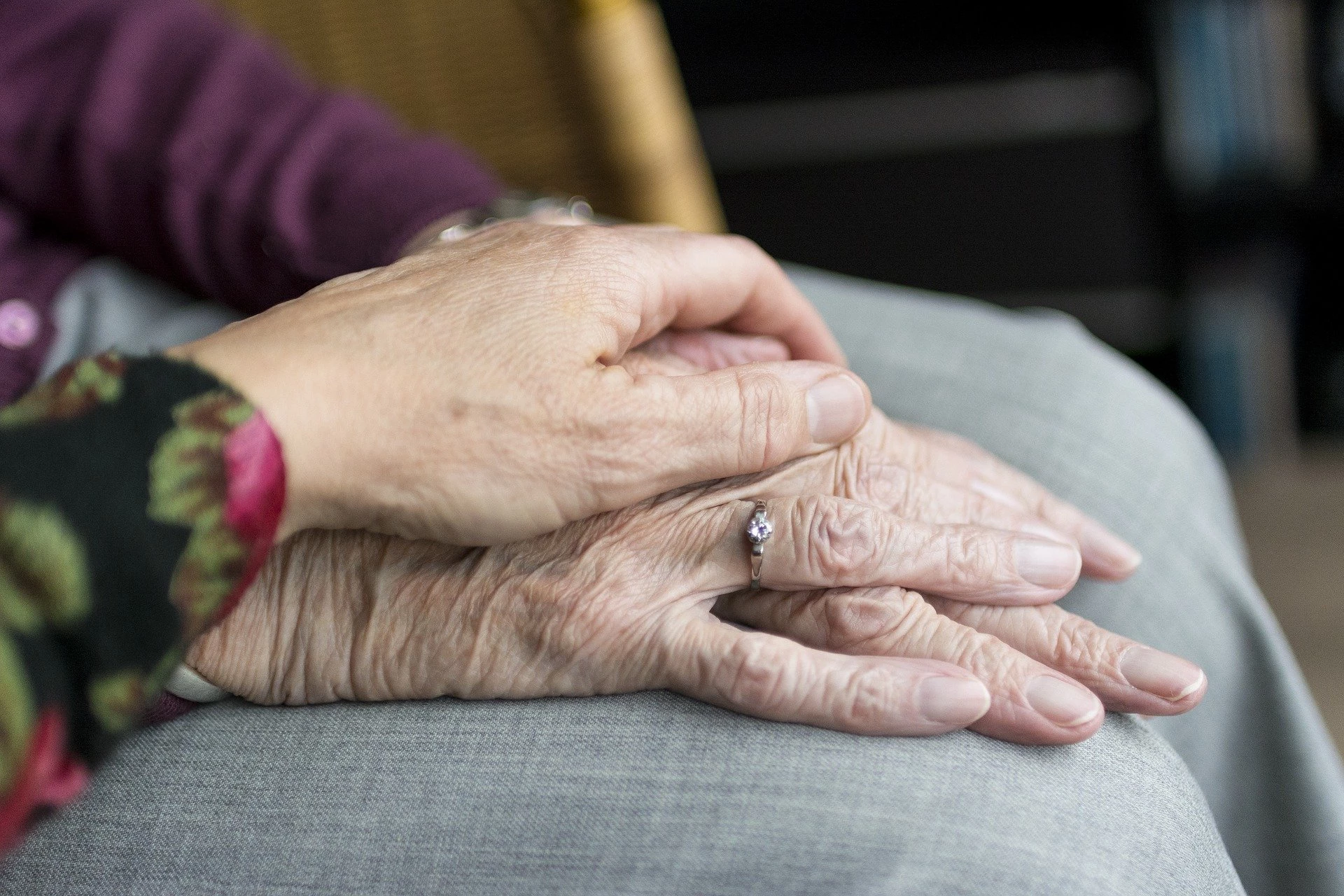
Partner Article
Triple-decker sandwich generation’s needs must be recognised by employers
Support for carers is an important part of any health and wellbeing programme but with the increased pressures they have faced over the last two years, this is now a crucial consideration for employers as the workplace is also impacted.
With nearly a fifth of qualified carer positions vacant family members are under more pressure than ever to take on the role themselves. With this and an increase in ‘triple-decker sandwiches’ of caring for elderly relatives while helping out adult children and grandchildren, it is more vital than ever that employers recognise the situation and provide support.
Debra Clark, head of specialist consulting at Towergate Health & Protection says: “We are seeing a new phenomenon of triple-decker carers. Sandwich carers are those supporting an older person whilst at the same time looking after one or more dependent children. Now, however, there is a rise of those in triple-decker sandwich situations with three layers of dependants, and that puts even more pressure on them juggling work too. The physical and mental stresses of being a carer can lead to lack of focus, absence from work, and even to people feeling they have to resign.”
Identifying those affected The first step for employers is to identify those in their workforce who have caring responsibilities. According to Carers UK, approximately one in seven workers have a caring responsibility, and three in five people will be carers at some point in their lives, so the chances are, most employers will be affected.
Employers should remember that it is not just elderly relatives that employees are caring for. According to government statistics, 12.2% of all pupils in England have special educational needs, so parents and guardians will also benefit from support.
Health and wellbeing options have improved and increased hugely over the past few years and there is now a lot of assistance for employers to offer their staff:
Practical support Practical support will help carers to juggle their work alongside their other responsibilities. This may include offering flexible working times and/or locations. Specialist concierge services may be included within other employee benefits or as a standalone. These can provide practical help, tailored to the individual. Employee assistance programmes (EAPs) may be able to signpost specialist agencies.
Emotional support The stress and emotional toll of caring for others can be huge. Employers can provide support by offering options like counselling services, or something as simple as a mindfulness app.
Specialist help Specialist help can provide assistance and guidance on matters including finding care providers, paying for care, state benefits, hospital discharge-and-care packages, and maintaining and gaining independence in the home. Support services can also include help for those caring for children and adults with special needs.
Debra Clark says: “Communication is vital and employers must ensure that their employees feel able to discuss their caring role, and to ask for assistance when required. Equally, employers should make sure that any support is fully communicated so that people know what help is available and how to access it.”
This was posted in Bdaily's Members' News section by Towergate Health & Protection .
Enjoy the read? Get Bdaily delivered.
Sign up to receive our popular morning National email for free.








 Culture, confidence and creativity in the North East
Culture, confidence and creativity in the North East
 Putting in the groundwork to boost skills
Putting in the groundwork to boost skills
 £100,000 milestone drives forward STEM work
£100,000 milestone drives forward STEM work
 Restoring confidence for the economic road ahead
Restoring confidence for the economic road ahead
 Ready to scale? Buy-and-build offers opportunity
Ready to scale? Buy-and-build offers opportunity
 When will our regional economy grow?
When will our regional economy grow?
 Creating a thriving North East construction sector
Creating a thriving North East construction sector
 Why investors are still backing the North East
Why investors are still backing the North East
 Time to stop risking Britain’s family businesses
Time to stop risking Britain’s family businesses
 A year of growth, collaboration and impact
A year of growth, collaboration and impact
 2000 reasons for North East business positivity
2000 reasons for North East business positivity
 How to make your growth strategy deliver in 2026
How to make your growth strategy deliver in 2026